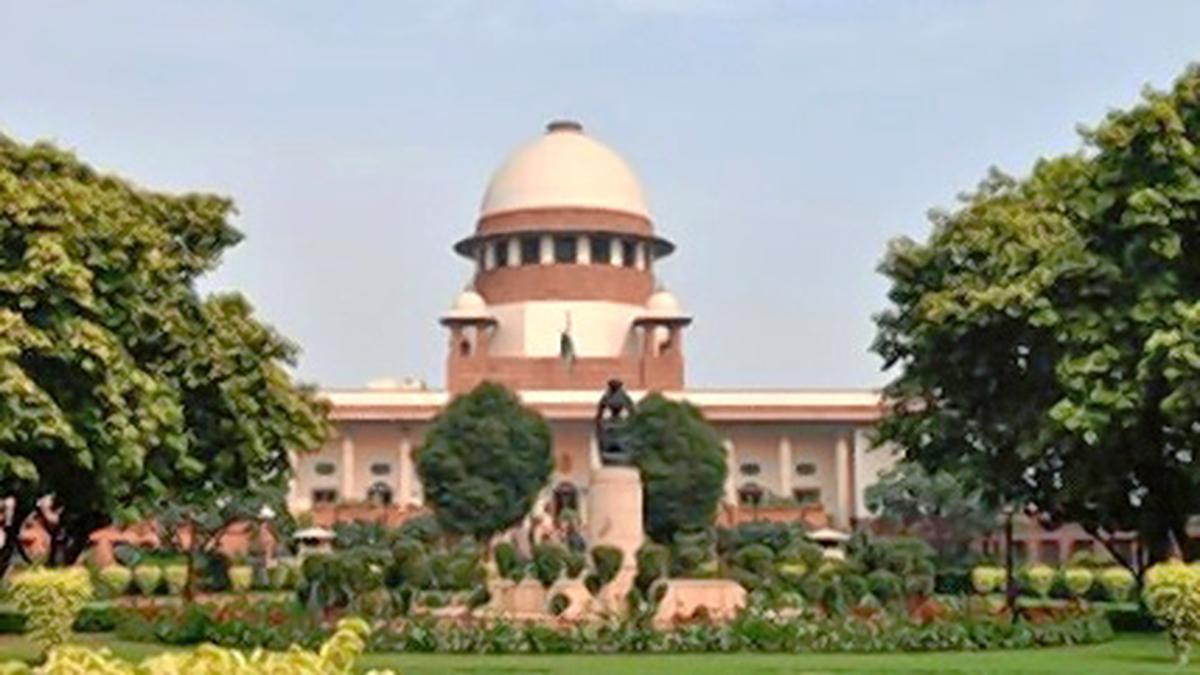 |
|
The Supreme Court of India demonstrated its commitment to upholding the rights and well-being of citizens by holding an unprecedented Saturday hearing on December 28th, 2024. This extraordinary session, convened by Justices Surya Kant and Sudhanshu Dhulia, focused on the critical health condition of Jagjit Singh Dallewal, a Punjab farmer leader engaged in a prolonged fast-unto-death. Dallewal's protest, lasting over a month at the Khanauri border, centers on demanding legal guarantees for minimum support prices for crops and other related farmer demands. The urgency of the situation, coupled with the life-threatening condition of the farmer leader, necessitated the unusual Saturday sitting, highlighting the Supreme Court's dedication to safeguarding fundamental rights, even during its winter break. The Court's decision underscores the seriousness of the matter and the judiciary's commitment to intervene in situations impacting individual liberty and human life.
The decision to hold this special hearing, outside the typical operational schedule of the Supreme Court during its winter recess, speaks volumes about the gravity of the situation. Normally, vacation benches are not constituted for urgent hearings, making the Saturday sitting an exceptional measure. This action reflects the Court's willingness to go beyond routine procedures when confronted with critical issues of public importance and the protection of human life. The court’s granting of time until December 31st for the Punjab government to transfer Dallewal to a makeshift hospital signals a direct intervention aimed at preserving his life. This decision emphasizes the Court’s role in not only interpreting the law but also safeguarding the fundamental right to life and health, even in circumstances demanding immediate action.
The Supreme Court's willingness to convene special sittings on non-working days has precedence, highlighting the Court's responsiveness to matters of public interest and urgent cases concerning individual liberties. Several examples from recent years illustrate this precedent. A special sitting on January 27th addressed alleged irregularities in MBBS admissions in West Bengal. Another noteworthy instance was the two consecutive special sittings on July 1st, concerning activist Teesta Setalvad's plea for protection from arrest. The Court also intervened in an Allahabad High Court order involving a rape victim's astrological status and in the suspension of a Bombay High Court decision pertaining to the discharge of a professor linked to Maoist rebels. These actions demonstrate a pattern of the Supreme Court prioritizing urgent matters impacting the fundamental rights and safety of individuals, regardless of the day of the week or the usual court schedule.
Furthermore, the Court's commitment to addressing pressing issues transcends the constraints of the working week. Previous instances involved holding hearings on Sundays as well. One notable instance was on November 24th, 2019, when a three-judge bench heard a petition concerning the swearing-in of a Chief Minister. The then Chief Justice Ranjan Gogoi also held a special hearing on April 20th, 2019, to investigate allegations of sexual harassment against himself. In 2020, the Court heard a Sunday plea by journalist Vinod Dua concerning a sedition case. These instances reveal a consistent pattern of responsiveness and a prioritization of justice and the fair treatment of individuals, regardless of the day of the week or the traditional confines of the judicial calendar. The overarching message is clear: the Supreme Court is a dynamic institution committed to upholding its role in safeguarding rights and addressing urgent matters of public importance.
In conclusion, the Supreme Court's decision to hold a special Saturday hearing underscores the paramount importance of protecting fundamental rights, particularly the right to life. The court's actions demonstrate its willingness to act decisively in urgent situations, even outside its regular operating hours. The case of Jagjit Singh Dallewal serves as a powerful example of the judiciary's commitment to uphold justice and safeguard the welfare of its citizens. This decisive intervention serves as a testament to the Supreme Court's crucial role in safeguarding fundamental rights and ensuring that even during its winter recess, urgent matters of public and individual importance receive swift and effective attention. The precedents established in earlier instances underscore the unwavering resolve of the Supreme Court in prioritizing justice and human welfare above all else.
Source: Supreme Court holds special Saturday sitting on issue of shifting farmer leader to hospital
